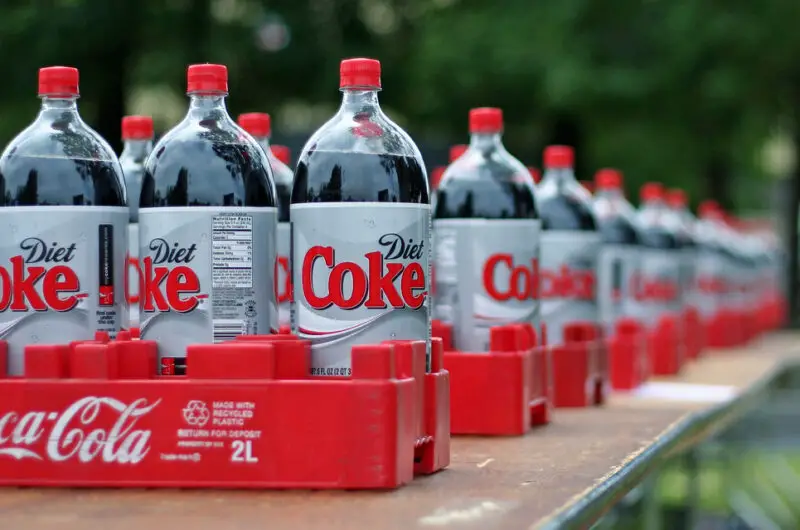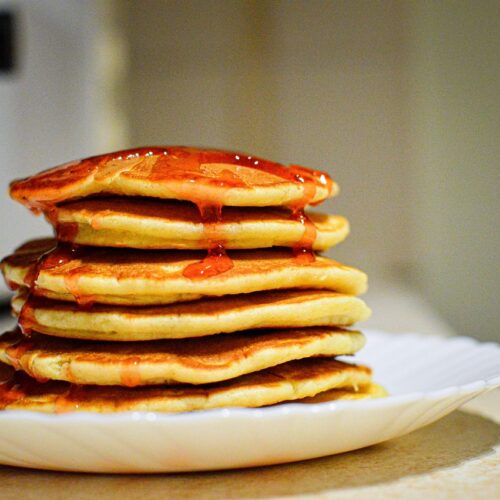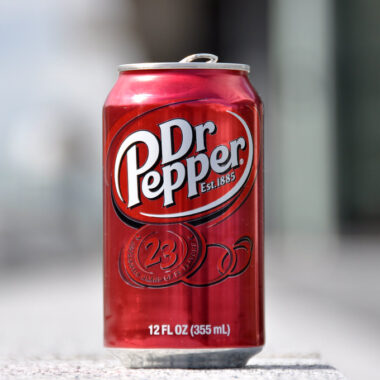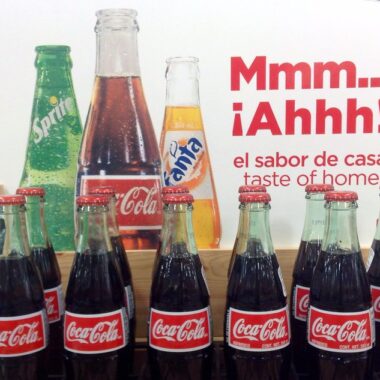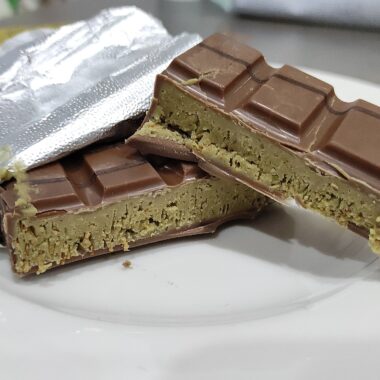Diet Coke, the silver-can icon of the soft drink world, has been a staple for millions since its debut in 1982. Marketed as a sugar-free alternative to the classic Coca-Cola, it promises the same refreshing taste with fewer calories. But one question lingers in the minds of many consumers: Is Diet Coke caffeine free? The short answer is no—Diet Coke contains caffeine. However, the full story behind this popular beverage’s caffeine content is worth exploring, from its formulation to its impact on our daily lives. In this article, we’ll dive into the facts, dispel myths, and examine why this question persists.
The Basics: What Is Diet Coke?
Before addressing the caffeine question, let’s establish what Diet Coke is. Introduced by The Coca-Cola Company, Diet Coke is a carbonated soft drink sweetened with artificial sweeteners—primarily aspartame—instead of sugar. It was designed to appeal to health-conscious consumers who wanted a low-calorie option without sacrificing flavor.
Over the years, it has evolved with various flavors like Cherry, Lime, and Vanilla, but the core recipe remains consistent: a fizzy, cola-flavored drink with a distinct bite.
Unlike Coca-Cola Zero Sugar, which aims to mimic the taste of regular Coke more closely, Diet Coke has its own unique flavor profile. But where does caffeine fit into this equation? To answer that, we need to look at the ingredients.
Caffeine in Diet Coke: The Facts
Diet Coke is not caffeine free. According to The Coca-Cola Company, a 12-ounce (355 ml) can of Diet Coke contains 46 milligrams of caffeine. This amount is slightly higher than the 34 milligrams found in a same-sized can of regular Coca-Cola. The difference stems from the formulation process: without sugar to balance the flavor, caffeine plays a larger role in giving Diet Coke its sharp, crisp taste.
For comparison, a 12-ounce serving of Coca-Cola Zero Sugar also contains 34 milligrams of caffeine, while Coca-Cola Caffeine Free and Diet Coke Caffeine Free variants contain—you guessed it—zero milligrams. Yes, there is a caffeine-free version of Diet Coke, but it’s a distinct product, not the standard silver-can Diet Coke most people encounter. This distinction is key to understanding why confusion arises.
Caffeine levels can vary slightly depending on the serving size or country-specific formulations. For instance, a 330 ml can (common in Europe) of Diet Coke contains about 42 milligrams of caffeine, adjusted for the smaller volume. Still, the bottom line remains: regular Diet Coke has caffeine, and it’s not a negligible amount.
Why the Confusion?
If the facts are clear, why do people ask if Diet Coke is caffeine free? Several factors contribute to this misunderstanding.
- Marketing and Perception: Diet Coke’s branding emphasizes its low-calorie appeal, not its caffeine content. Unlike energy drinks that flaunt caffeine as a selling point, Diet Coke’s messaging focuses on taste and lifestyle. This omission might lead some to assume it’s caffeine free, especially if they associate “diet” with “healthier” or “lighter” in every sense.
- Caffeine-Free Variants: The existence of Diet Coke Caffeine Free adds to the mix-up. Introduced for those who love the taste but want to avoid stimulants, this variant isn’t as widely promoted or available as the original. Casual consumers might not realize the standard version differs.
- Comparison to Other Drinks: Some assume all “diet” sodas are caffeine free because certain competitors, like Sprite Zero Sugar or 7UP Diet, contain no caffeine. However, cola drinks—diet or not—typically include caffeine unless explicitly labeled otherwise.
- Personal Sensitivity: Caffeine affects people differently. Someone less sensitive to its effects might not “feel” it in Diet Coke and assume it’s absent, especially compared to stronger sources like coffee.
How Does Diet Coke’s Caffeine Stack Up?
To put Diet Coke’s 46 milligrams per 12 ounces into context, let’s compare it to other beverages:
- Coffee (8 oz, brewed): 95–200 mg (varies by brew method and bean type)
- Black Tea (8 oz): 25–48 mg
- Energy Drinks (8 oz, e.g., Red Bull): 80 mg
- Pepsi Zero Sugar (12 oz): 69 mg
- Mountain Dew Diet (12 oz): 54 mg
- Sprite Zero Sugar (12 oz): 0 mg
Diet Coke sits in a moderate range—less than coffee or energy drinks but more than most teas and some competing sodas. It’s a noticeable dose, equivalent to about half a cup of average-strength coffee. For someone monitoring caffeine intake, this could matter, especially if they’re sipping multiple cans daily.
The Role of Caffeine in Diet Coke
Why does Diet Coke include caffeine at all? Caffeine isn’t just a random additive—it’s integral to the cola experience. Historically, cola drinks derive their name from the kola nut, which contains caffeine, though modern recipes use synthetic caffeine instead. In Diet Coke, it serves multiple purposes:
- Flavor Enhancement: Caffeine adds a subtle bitterness that complements the sweetness of aspartame, creating the signature taste.
- Stimulant Effect: It provides a mild pick-me-up, aligning with the refreshing image of cola drinks.
- Tradition: Caffeine is a hallmark of most colas, from Coke to Pepsi, maintaining consistency across brands.
In the caffeine-free version, Coca-Cola adjusts the recipe to compensate for its absence, but the standard formula relies on it for balance.
Health Implications: Should You Care?
Caffeine’s presence in Diet Coke raises questions about its impact. Is 46 milligrams a lot? For most adults, it’s modest. The U.S. Food and Drug Administration (FDA) considers 400 milligrams of caffeine per day safe for healthy adults—equivalent to about 8.7 cans of Diet Coke. However, individual tolerance varies:
- Moderate Consumers: One or two cans fit easily within daily limits.
- Sensitive Individuals: Pregnant women, children, or those with anxiety might need to limit intake more strictly (e.g., the American College of Obstetricians and Gynecologists suggests 200 mg/day for pregnant women).
- Heavy Drinkers: Downing several cans could push caffeine levels into jittery territory, especially combined with other sources.
Beyond caffeine, Diet Coke’s artificial sweeteners like aspartame have sparked debate. While deemed safe by the FDA and World Health Organization in moderate amounts, some consumers worry about long-term effects. Caffeine, though, is the more immediate concern for those asking about Diet Coke’s composition.
Consumer Perspectives: What People Say
Anecdotally, opinions about Diet Coke’s caffeine content vary. Some fans love the subtle boost, using it as a morning or afternoon ritual. Others, expecting a caffeine-free experience, express surprise or disappointment upon learning the truth. Online forums and social media reveal a mix of reactions:
- “I switched to Diet Coke thinking it was caffeine free, but now I know why I’m still wired!”
- “It’s perfect—enough caffeine to wake me up but not crash me like coffee.”
- “Wish they’d make the caffeine-free version easier to find.”
These sentiments highlight a gap between expectation and reality, underscoring the need for clearer awareness.
Alternatives for Caffeine-Free Seekers
If you love Diet Coke but want to avoid caffeine, options exist:
- Diet Coke Caffeine Free: The official zero-caffeine version, available in select markets.
- Other Diet Sodas: Sprite Zero Sugar, Diet 7UP, or Fanta Zero offer caffeine-free alternatives with different flavors.
- Sparkling Water: Brands like LaCroix provide a fizzy, no-caffeine, no-calorie fix.
Availability varies, so checking labels is key—look for “caffeine free” explicitly stated.
The Cultural Legacy of Diet Coke
Diet Coke’s caffeine content ties into its broader cultural role. It’s more than a drink; it’s a symbol—of ’80s diet culture, sleek design (that silver can!), and modern convenience. Celebrities like Taylor Swift and Karl Lagerfeld have famously endorsed it, reinforcing its chic, energizing vibe. Caffeine fits this narrative, subtly powering its devotees through busy days.
Yet the question “Is it caffeine free?” reflects a disconnect. As consumers grow more health-savvy, they scrutinize ingredients, sometimes misaligning Diet Coke’s identity with their assumptions. Coca-Cola could bridge this by amplifying education about its products, but the mystique might also be part of its allure.
Conclusion: Caffeine and Clarity
So, is Diet Coke caffeine free? No, it’s not—unless you’re sipping the specific caffeine-free variant. With 46 milligrams per 12-ounce can, it delivers a moderate dose, balancing flavor and function. The confusion stems from marketing ambiguity, variant overlap, and differing expectations, but the facts are straightforward when you dig into them.
Whether you embrace Diet Coke for its zing or seek a caffeine-free alternative, understanding what’s in the can empowers your choice. Next time you crack open that silver icon, you’ll know exactly what’s fizzing inside—and why it keeps you coming back for more.
